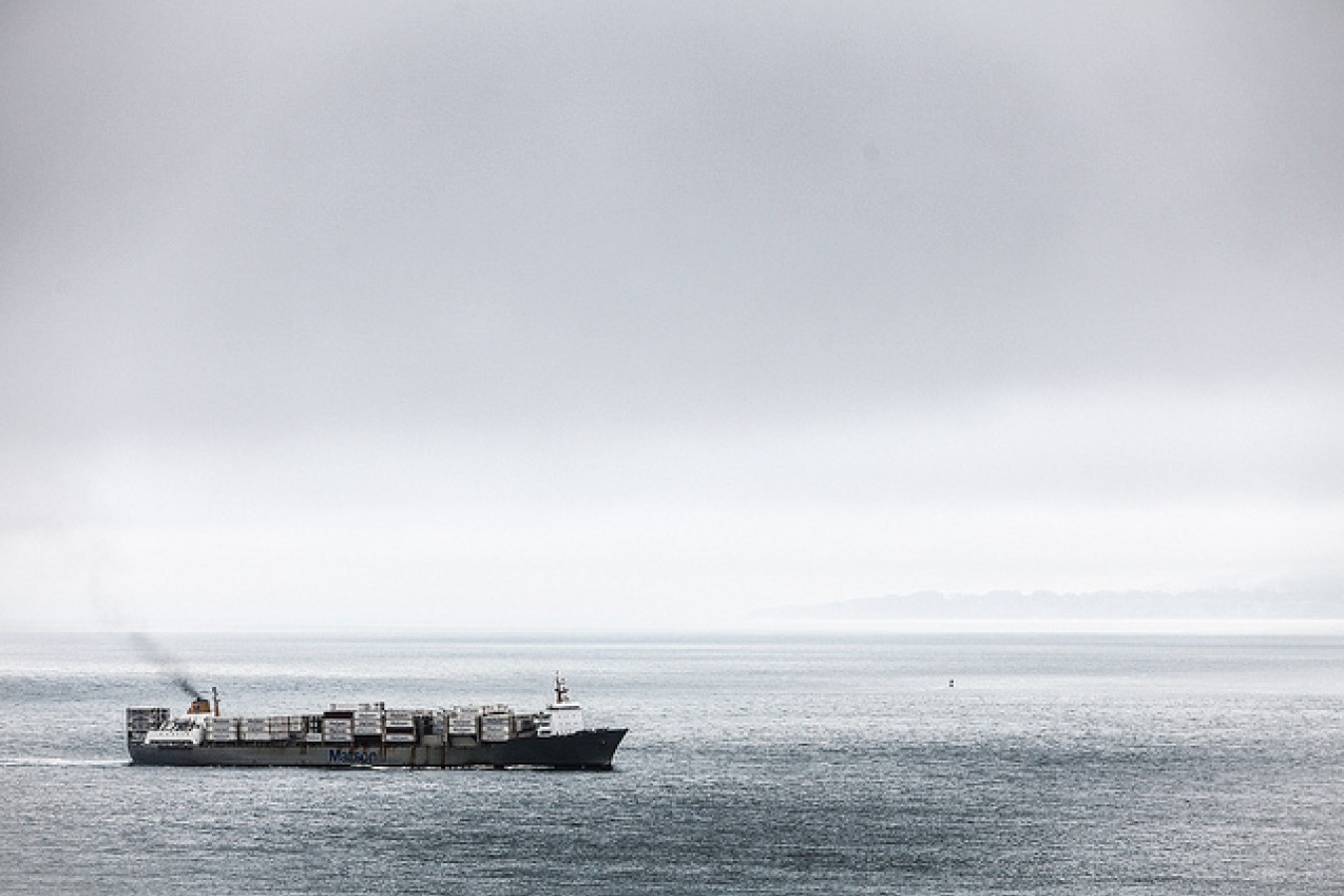A report prepared by the Inspector General of the US's Department of Homeland Security has called for reform of the L-1 intra-company transfer visa system.
In particular, it is calling for 'more rigorous consideration of new office petitions to reduce fraud and abuse' and a consistent application of 'anti job-shop' rules amid fears that international outsourcing companies are using the visa to transfer cheaper workers from elsewhere into the US.L-1 visas are used by international companies with operations in the US. These companies are able to transfer workers from other countries to work in the US using L-1 visas. There are two types of L-1 visas; L-1A visas for managers which last for seven years and L-1B visas for workers who have 'specialized knowledge'. L-1B visas last for five years.
'Anti-job shop provisions'
The 2004 Visa Reform Act introduced 'anti-job shop' provisions which were designed to prevent international companies with US operations from acting as 'jobshops' or recruitment consultants. The Act stipulated that international companies could not bring workers to the US who would then work permanently for a third, unrelated firm. However, please note that it is permissible for those in the US with L-1 visas to carry out project work for client companies.However, the Inspector General's report says that most L-1 visas are still issued to international outsourcing companies and says that there is, therefore, a danger at least that the 'anti-job-shop' rules are not being effectively applied. The report makes 10 recommendations to ensure that these provisions are applied.
The Inspector General recommends that USCIS should
- Publish new guidance to clarify interpretation of the term 'specialized knowledge'
- Screen L-1 applicants against a list of people already refused L-1 visas
- Provide thorough training for all officers processing L-1 travellers
- Create regulations governing anti-job shop provisions to increase consistency of decision making
- Update existing guidance on job-shop provisions.
Tata and Cognizant
The companies that use the most L-1 visas tend to be outsourcing companies. Between 2002 and 2011 Tata Consulting Services, an Indian outsourcing company, received 26,000 L-1 visas. Cognizant, an international outsourcing company founded in the UK but now headquartered in New Jersey in the US received 20,000 and IBM India received 5,722. The top five recipients of L-1 visas were| Employer | L-1A petitions | L-1B petitions | Total |
| Tata Consultancy Services | 7,571 | 18,337 | 25,908 |
| Cognizant Tech Solutions | 1,521 | 18,198 | 19,719 |
| IBM India Private Ltd | 446 | 5,276 | 5,722 |
| Wipro Ltd | 1,574 | 3,933 | 5,507 |
| Infosys Technologies Ltd | 20 | 3,395 | 4,015 |
IEEE-USA, the lobbying arm of the Institute of Electrical and Electronics Engineers, has called for reform of the L-1 system. Marc Apter, president of the organisation said 'outsourcers have come to dominate the L-1 visa program in exactly the same they dominate the H-1B'.
L-1 has become 'tool for shipping US jobs overseas'
He added 'The IG report documents the increasing concerns that we have been hearing from our members that this sensible program for international managers and specialists has become a tool for shipping American jobs overseas'.USCIS has said that it agrees with the recommendations contained within the report and is working on a response.
If you would like to apply for a US visa, WorkPermit.com can help. WorkPermit.com is a specialist visa consultancy with 25 years of experience dealing with visa applications. We can help with a wide range of visa applications to your country of choice. Please feel free to contact us for further details.




